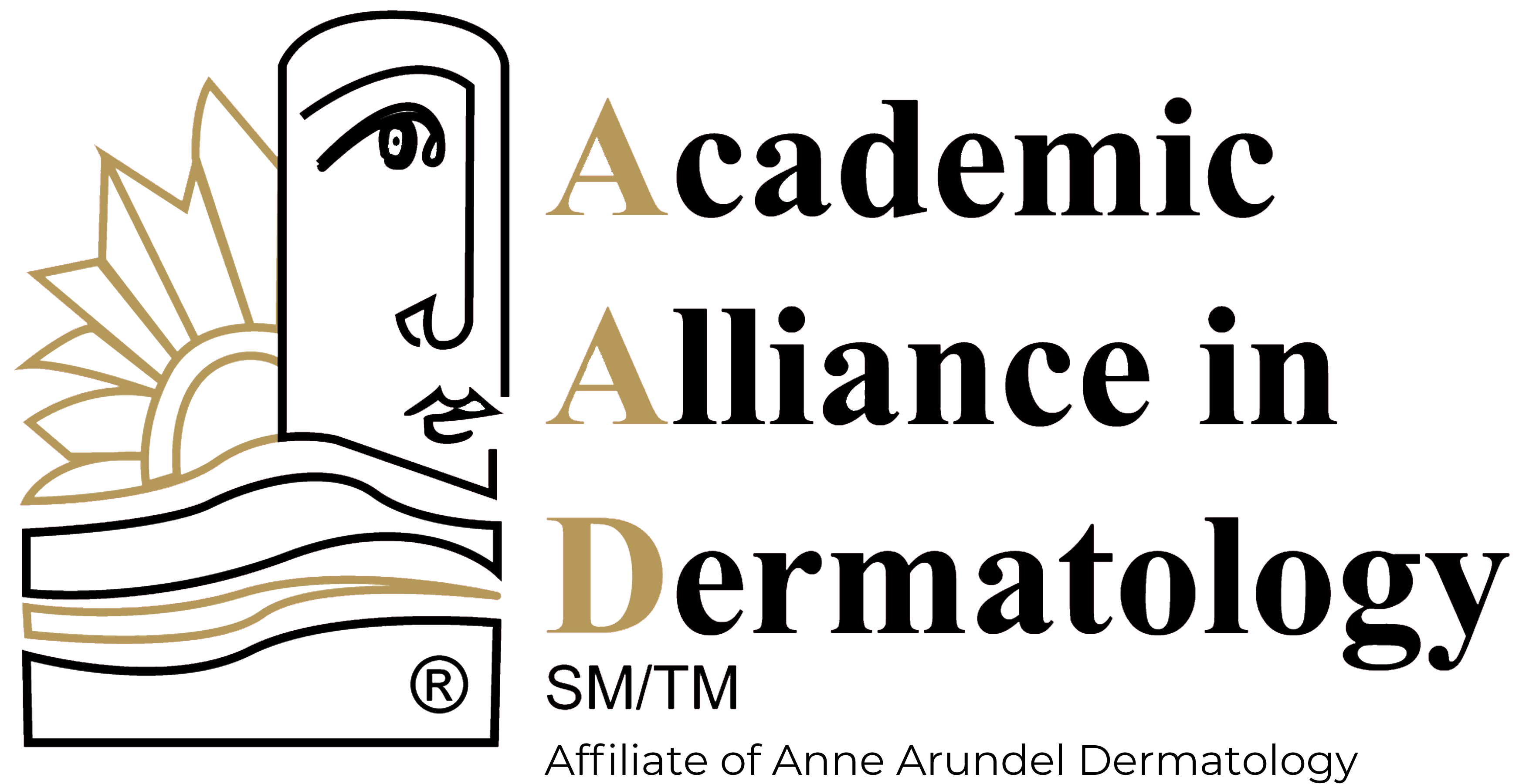Nail Diseases
Your nails protect the sensitive tips of your fingers and toes from infection and injury. Unfortunately, they can also be vulnerable to a wide range of diseases that may lead to pain, discomfort, or disfigurement. Common nail diseases include brittle nails, onycholysis, paronychia, psoriasis, and onychomycosis.
At Academic Alliance in Dermatology, we evaluate and treat all types of nail diseases. Our experienced dermatologists can diagnose the condition causing your nail problems and develop a treatment plan to restore healthy nails. In addition, our providers offer advice about prevention and lifestyle changes that may help reduce the risk of recurrence.
Types of Nail Diseases
If you are experiencing changes to your nails, such as discoloration, thickening, splitting, and lifting, you may have a nail disease. Your treatment will depend on the specific condition. The following is a brief overview of the most common nail diseases:
Brittle Nails
There are two categories of brittle nails: soft and dry. Dry, brittle nails are usually caused by poor nutrition or a lack of moisture in the nail bed. On the other hand, soft, brittle nails may be caused by too much moisture, typically from overexposure to water, detergents, nail polish remover, or harsh chemicals.
Age may also play a factor in having brittle nails. As we age, our nails become more prone to splitting and breaking. There are also other medical conditions that may cause brittle nails, such as:
- Iron deficiency
- Hypothyroidism
- Raynaud’s syndrome
Onycholysis
Onycholysis is a condition where the nail separates from the nail bed. This may be caused by injury, an allergic reaction to nail products or a fungal infection. The result is a yellowish-white discoloration of the affected nails. Your nails may also crumble or form dents and ridges. To diagnose the condition, your provider may conduct a biopsy, fungal test, or blood test. If your onycholysis is due to a fungal infection, you may be prescribed an antifungal medication.
Paronychia
This condition is characterized by nail inflammation and may result from trauma or infection. The nail may be red, swollen, and painful. It is often caused when bacteria enters the skin near the nail fold and cuticle. Antibiotics are usually prescribed to treat the infection. Those who have an underlying skin condition, bite their nails, or work with water and harsh chemicals are at greater risk of developing paronychia.
Psoriasis
Although psoriasis typically affects the face, palms, scalp, and elbows, it may also affect the nails. Psoriasis may cause the nail to become yellow or brown and pitted. The nails may also separate from the nail bed or thicken, making them more prone to cracking and breaking. If you have been diagnosed with psoriasis, it is important to notify your dermatologist and take extra care of your nails. Corticosteroids and laser treatments may be beneficial in managing psoriasis of the nails.
Onychomycosis
Onychomycosis, also known as toenail fungus, is a fungal infection that affects the nails, most commonly the toenails. Symptoms of onychomycosis include thickened, yellow, or discolored nails and brittle or crumbly nails. The infection is often caused by a type of fungus called dermatophyte but may also be caused by yeasts and molds. Risk factors for onychomycosis include older age, diabetes, and a weakened immune system. The infection is typically treated with antifungal medications, either in the form of topical ointments or oral medications.
Treatments for Nail Diseases
While antibiotics, antifungals, and topical steroids may all help treat nail diseases, surgery is often used to treat severe or persistent nail diseases. The specific type of surgery will depend on the underlying cause of the nail disease. For example, if the infection is caused by a fungus, the infected portion of the nail may be removed surgically. In other cases, the entire nail may need to be removed to allow the underlying nail bed to heal properly.
At Academic Alliance in Dermatology, we can help diagnose and treat your nail disease, including through the use of surgical procedures if necessary.
Schedule a Nail Disease Consultation
At Academic Alliance in Dermatology, we are here to help you achieve optimal nail health. We offer an array of treatments, including topical ointments, oral medications, and surgery if necessary. We are committed to helping you regain the confidence that comes with healthy and beautiful nails.
